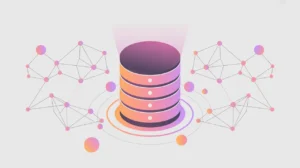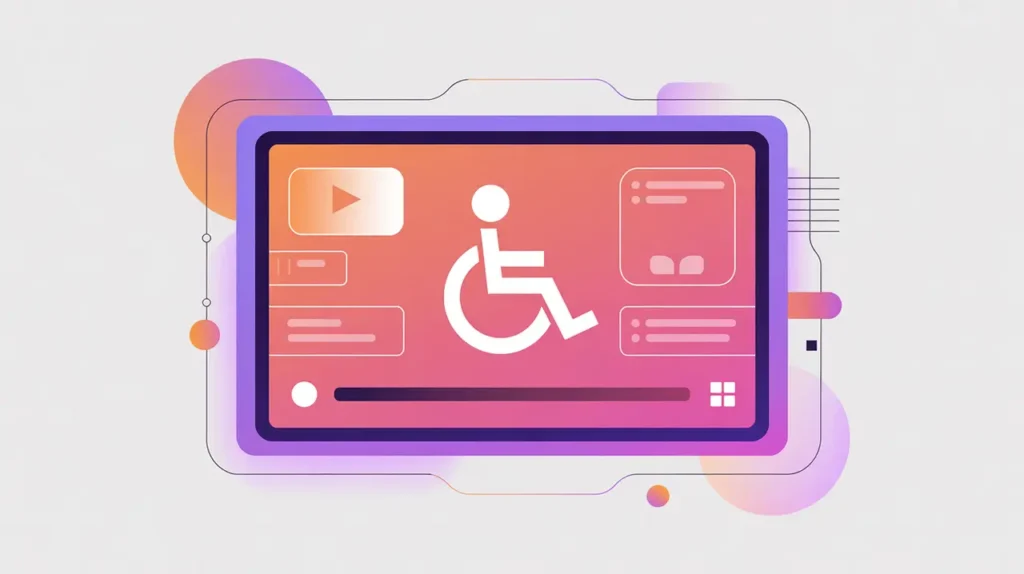Importance of Responsible Data Sharing Collaboratives
Responsible Data Sharing Collaboratives are partnerships that allow organizations to pool and share data for collective benefit while upholding principles of privacy, equity, and accountability. They create governance structures, technical standards, and safeguards to ensure data is used ethically and inclusively. Their importance today lies in balancing the need for collaboration with the responsibility to protect communities from exploitation or harm.
For social innovation and international development, these collaboratives matter because mission-driven organizations often face fragmented data ecosystems. By sharing responsibly, they can generate insights that no single actor could achieve alone, supporting more effective and equitable solutions.
Definition and Key Features
Data collaboratives may involve NGOs, governments, research institutions, or private companies. They establish agreements on what data is shared, how it is anonymized, and who has access. Examples include initiatives for sharing mobility data, health data, or agricultural datasets. Responsible models embed safeguards such as consent frameworks, data minimization, and independent oversight.
They are not the same as open data initiatives, which make datasets freely available without restrictions. Nor are they equivalent to proprietary data exchanges designed for commercial gain. Responsible data collaboratives emphasize shared value, ethics, and accountability in use.
How this Works in Practice
In practice, these collaboratives may pool anonymized health records to track epidemics, share agricultural data to improve food security, or combine financial data to monitor poverty trends. Governance structures define roles, responsibilities, and safeguards, while technical tools manage access controls and audit trails. AI can support these collaboratives by analyzing shared datasets while preserving privacy through techniques like federated learning or differential privacy.
Challenges include aligning diverse stakeholder interests, addressing power imbalances, and ensuring communities retain agency over how their data is used. Establishing trust requires transparency in governance and clear communication of benefits and risks.
Implications for Social Innovators
Responsible data sharing collaboratives support mission-driven impact across sectors. Health programs can detect emerging epidemics by securely sharing data across clinics and borders. Education initiatives can combine datasets to understand learning disparities and target interventions. Humanitarian agencies can share logistics and needs data to improve coordination in crises. Civil society groups can use collaboratives to advocate for inclusive governance of data as a shared public good.
By embedding responsibility into collaboration, data sharing collaboratives unlock collective intelligence while protecting the dignity and rights of the communities they serve.







